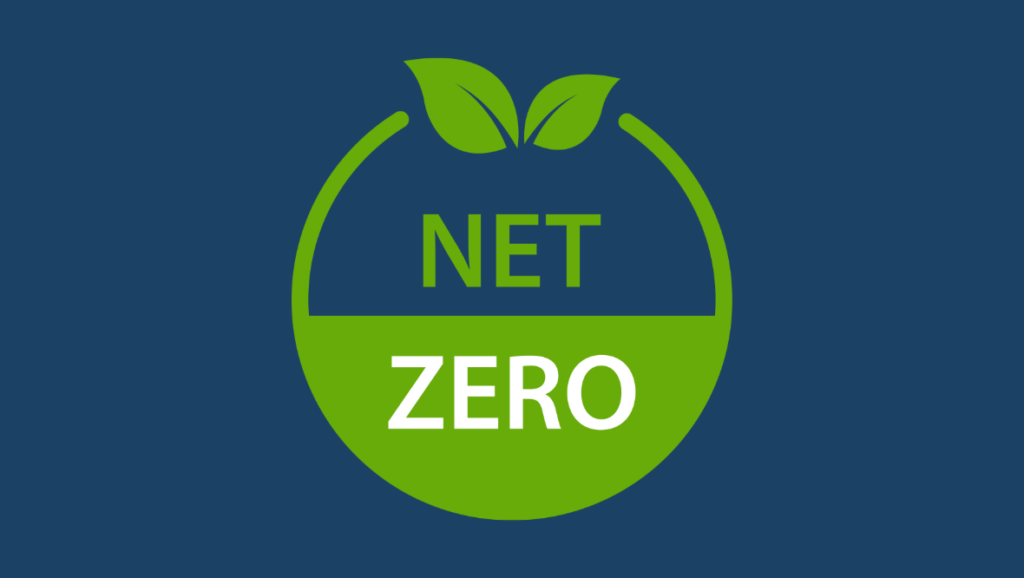Decoding CSR: Understanding Corporate Social Responsibility

Learn about what Corporate Social Responsibility (CSR) means, its impact, and its importance for modern businesses.
In today’s world, businesses are increasingly expected to do more than just turn a profit. They are called upon to act responsibly, considering their operations’ social and environmental impact. This is where Corporate Social Responsibility (CSR) comes in.
Corporate Social Responsibility (CSR) essentially refers to a company’s commitment to operating in a way that benefits society and minimizes its negative impact. It goes beyond legal compliance and involves actively integrating ethical and sustainable practices into all aspects of business operations. This includes responsible sourcing, fair labor practices, environmental protection, community engagement, and transparent governance.
According to a study conducted by AFLAC 77% of consumers were ‘motivated to purchase from companies committed to making the world better’ and 75% of investors were likely ‘to invest in or partner with responsible companies’.
By embracing CSR, companies demonstrate their commitment to being responsible corporate citizens, contributing to a more sustainable future for all. But what exactly does CSR entail, and how can companies implement it effectively? This article delves deeper into the key components of CSR, exploring its importance, benefits, and what successful implementation of CSR looks like.
Importance of CSR
Corporate Social Responsibility (CSR) has evolved from a philanthropic endeavor to a strategic necessity in the contemporary business landscape. Here’s why integrating CSR into your business strategy is not just good practice but a crucial one:
- Increased Brand Reputation and Loyalty: Consumers are increasingly conscious of a company’s social and environmental impact. Strong CSR practices enhance brand image, attract socially responsible customers and foster customer loyalty.
- Attracting and Retaining Top Talent: Talented individuals seek employers aligned with their values. A robust CSR strategy positions your company as an attractive employer, making it easier to recruit and retain top talent.
- Enhanced Investor Relations: Investors are integrating ESG (Environmental, Social, and Governance) factors into their decisions. Strong CSR practices demonstrate responsible management, leading to improved investor confidence and access to capital.
- Risk Management and Cost Savings: Sustainable practices often translate to resource efficiency, reduced waste, and lower environmental impact. This minimizes regulatory risks and operational costs, leading to long-term financial benefits.
- Fostering a Positive Social Impact: Responsible businesses contribute to a better society by addressing social and environmental challenges. This strengthens community relations and creates a positive social impact, benefiting both the company and society as a whole.

Key Elements of CSR
CSR when implemented translates to a wide range of practices, but three core elements form its foundation:
Environmental Sustainability:
- Emphasis on eco-friendly practices: Companies strive to minimize their environmental footprint through responsible resource management, energy efficiency, and pollution reduction. This includes adopting renewable energy sources, reducing waste generation, and implementing sustainable production processes.
- Corporate responsibility for environmental impact: Companies acknowledge their role in environmental protection and actively seek to mitigate their negative impact. This involves addressing issues like climate change, deforestation, and water pollution through responsible sourcing, investing in environmental restoration initiatives, and advocating for sustainable policies.
Social Responsibility:
- Social programs and community engagement: Companies actively engage with the communities they operate in by supporting local initiatives, investing in social programs, and fostering volunteerism among employees. This can involve supporting education, healthcare, and community development projects, or partnering with NGOs to address local challenges.
- Employee welfare and diversity: Companies prioritize the well-being of their employees by ensuring fair wages, safe working conditions, and opportunities for professional development. Additionally, they actively promote diversity and inclusion within the workforce, fostering a respectful and equitable work environment.
- Stakeholder Engagement: Stakeholder engagement involves actively seeking input and collaborating with individuals or groups who are affected by or have an interest in an organization’s activities. This includes customers, employees, investors, communities, and regulators. Effective engagement fosters transparency, builds trust, and gathers valuable insights.
A properly implemented CSR concept can bring along a variety of competitive advantages, such as enhanced access to capital and markets, increased sales and profits, operational cost savings, improved productivity and quality, efficient human resource base, improved brand image and reputation, enhanced customer loyalty, better decision making and risk management processes.
United Nations Industrial Development Organization (UNIDO)
Ethical Business Practices:
- Ethical considerations in decision-making: Companies integrate ethical principles into all aspects of their operations, ensuring transparency, accountability, and responsible decision-making. This includes adhering to high ethical standards in areas like marketing, advertising, and procurement, and avoiding practices that could harm consumers, employees, or the environment.
- Regulatory compliance: Refers to adhering to the laws, regulations, and standards set by governing bodies. This ensures the organization operates within legal boundaries and minimizes risks associated with non-compliance, such as fines, penalties, or operational disruptions. A strong compliance culture promotes ethical conduct, safeguards stakeholder interests, and fosters trust with regulatory authorities.

Benefits for Businesses
Engaging in robust CSR practices isn’t just about societal good; it also brings several tangible benefits to businesses themselves. In addition to the benefits already mentioned in the ‘Importance of CSR’ section here are some more key advantages:
- Increased Innovation and Market Opportunities: CSR can drive innovation by prompting companies to explore sustainable solutions and develop new products and services that cater to growing consumer demand for social and environmental responsibility. This can open up new market opportunities and foster competitive advantage.
- Strengthened Stakeholder Relationships: Engaging with stakeholders in CSR initiatives fosters trust, collaboration, and understanding. This strengthens relationships with communities, investors, and regulators, leading to smoother partnerships and increased support for the company’s long-term goals.
- Enhanced Employee Morale and Productivity: When employees feel their company is making a positive contribution to society, it can boost morale, engagement, and productivity. This positive work environment fosters a stronger sense of purpose and belonging among employees.
- Reduced Regulatory Scrutiny: Companies with strong CSR practices are less likely to face regulatory scrutiny or intervention. This translates to smoother operations and avoids potential disruptions or penalties associated with non-compliance.
- Enhanced Supply Chain Resilience: Implementing ethical sourcing practices and building strong relationships with suppliers can mitigate risks associated with disruptions in the supply chain. This fosters greater transparency and ensures responsible practices throughout the value chain.
- Positive Media Attention and Public Relations: Engaging in impactful CSR initiatives can generate positive media coverage and enhance public relations efforts. This can improve brand awareness, build trust with the public, and counter negative publicity.
- Future-proofing the Business: As societal and environmental concerns continue to rise, businesses that proactively address these issues through CSR are better positioned to adapt and thrive in the long run. This demonstrates forward-thinking leadership and commitment to building a sustainable future.

Successful CSR Initiative: Case Study
Company: Veja, a French footwear company known for its commitment to sustainability and ethical sourcing
The footwear industry often faces criticism for its environmental impact, including resource depletion, pollution, and reliance on unethical labor practices. Veja tackles these challenges through several key strategies:
- Sustainable Materials: Veja prioritizes using organic and recycled materials like organic cotton, recycled plastic, and natural rubber in its sneaker production.
- Fair Trade Sourcing: The company partners with Fair Trade certified producers, ensuring fair wages and safe working conditions for its workforce.
- Transparency and Traceability: Veja provides complete transparency in its supply chain, allowing customers to trace the origin and ethical production of their shoes.
- Social Impact Projects: Veja actively supports social and environmental initiatives in the communities where it sources its materials, promoting positive social change.
Impact:
- Reduced Environmental Footprint: Veja’s use of sustainable materials and responsible production practices minimizes its environmental impact compared to conventional footwear brands.
- Empowering Producers: Fair Trade partnerships ensure fair wages and improved working conditions for workers throughout the supply chain.
- Building Brand Loyalty: Veja’s commitment to sustainability and ethical practices resonates with consumers seeking conscious consumption, fostering strong brand loyalty and positive brand image.
Key Takeaways:
Veja’s success story demonstrates how a footwear company can integrate sustainability and fair trade practices into its core business model. By prioritizing ethical sourcing, eco-friendly materials, and transparency, Veja has not only achieved positive social and environmental impact but also established itself as a leader in responsible business practices within the industry. This case study exemplifies the potential of CSR to contribute to a more sustainable and equitable future for businesses while creating positive societal change.
You can read in detail about Veja and its CSR initiatives here: https://project.veja-store.com/en/single/transparency


